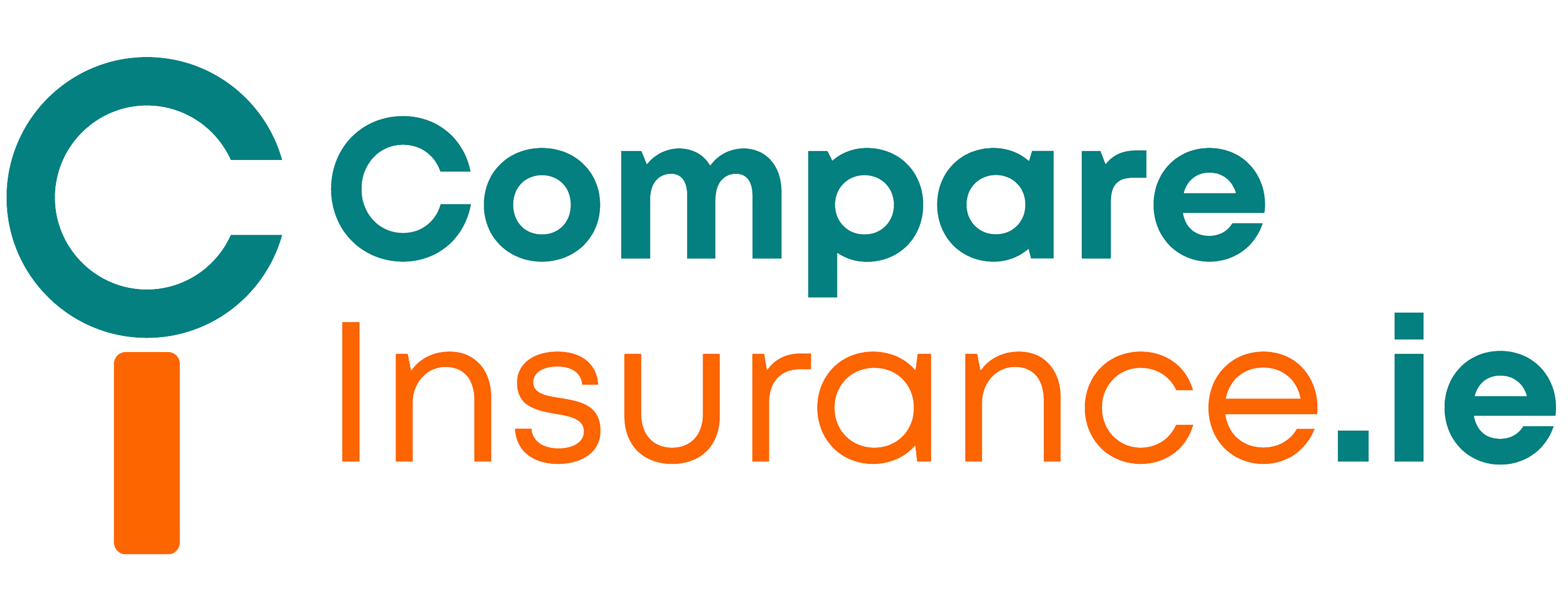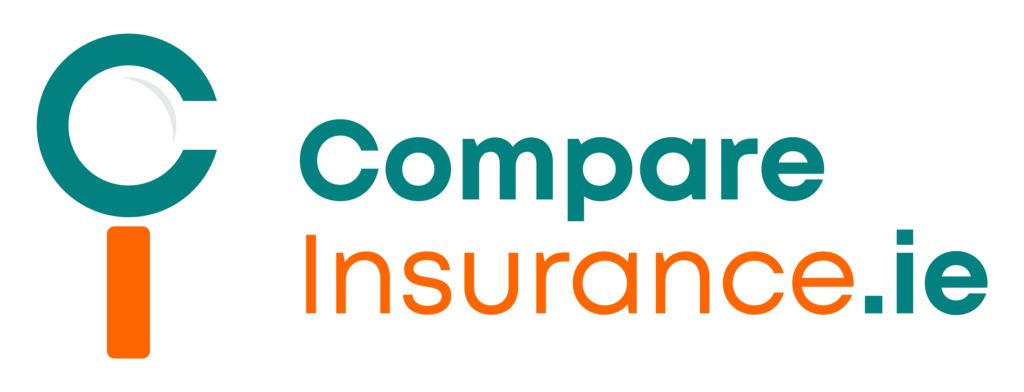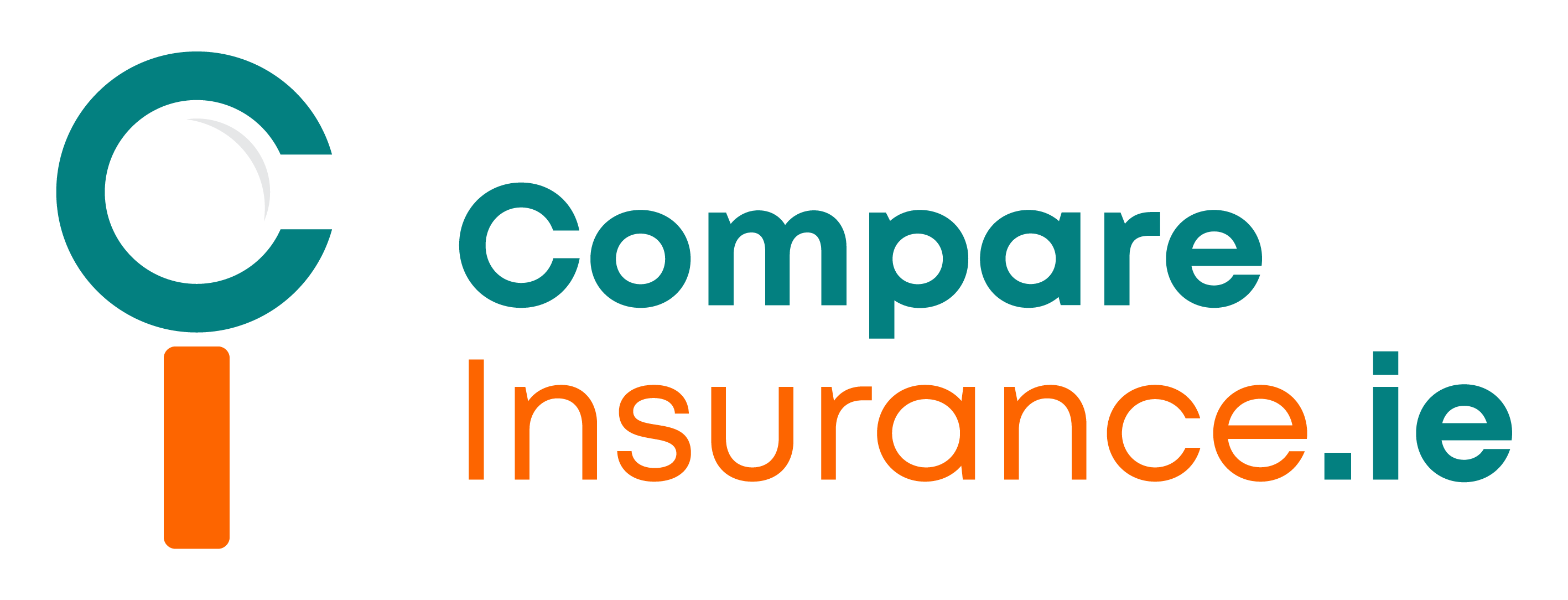The role of AI in the insurance sector could potentially transform the industry. The use of artificial intelligence and other advanced technologies could lead to a host of exciting developments to improve insurance coverage, pricing, and the claims process for customers.
Insurance companies, like other financial services companies, rely on the large scale use of data. Information about customers and risk is used to calculate insurance prices and determine the insurance coverage available to customers.
AI can generate information at a scale and speed like no other technology that has gone before and could potentially allow insurers, who have traditionally used data and algorithms to generate insights, to offer a level of customisation and to streamline their processes to new levels for the benefit of their businesses and individuals.
The future of AI and its full capabilities is still unknown. It is also unknown whether these advances will benefit just the insurer or the customer as well.
Benefits of AI for insurance
AI is a powerful tool and involves the use of multiple computer technologies, such as machine learning, natural language processing, and generative AI, to carry out complex tasks.
There are numerous benefits for insurance customers in the adoption of artificial intelligence technologies by the insurance industry. Here we outline some of the advantages to insurance customers in various insurance processes including:
1. Insurance underwriting
The insurance underwriting process involves deciding on whether or not to offer an insurance product to a customer and at what price.
The use of AI in insurance underwriting can provide insurers with an enhanced level of information to carry out risk assessments. This can mean that the underwriting process can benefit from a high level of information and accuracy in deciding on the likelihood of the customer making a claim.
This could potentially mean that customers who have traditionally struggled to find insurance cover or who have been offered insurance at high premiums in the past may find it easier and more affordable to find insurance.
2. Risk management
Part of the insurance underwriting process entails assessing and managing risk. Basically this means the use of historical data and algorithms to determine the likelihood of a claim being made on a given insurance policy.
Using AI to analyze data provided from historical claims and provided by their customers may allow insurers to better assess risks and avoid larger or unexpected payouts which can negatively affect the price and availability of insurance for customers.
Improved quotes
Use of AI can enhance customer experiences in insurance by summarizing data and generating reports, for example, in order to provide speedy and accurate quotes to customers or to customise messages and advertising to customers about insurance products.
Using AI tools such as virtual assistants for manual tasks such as questions about coverage, for example, could also ensure that customers get the best products for their needs and more competitive quotes for their insurance.
3. Innovative policies
AI technology offers high level processing of data that may allow insurers to offer innovative types of insurance cover or even personalised insurance policies.
Similar to the way that insurance companies already tailor business insurance packages to individual businesses based on the types of risks that the business is exposed to as well as the size of the business, AI may allow insurers to tailor insurance products to individual customers, be they business or individuals.
Personalised insurance
Behaviour based insurance is one example where personalised insurance policies may be devised based on a customer’s perceived level of risk and individual requirements.
An example of this that already exists is in the use of black boxes in motor insurance. In-car technology is used to generate high volumes of data in order to calculate motor insurance premiums for high risk drivers or those who wish to pay less for motor insurance.
AI technology is a way to develop such personalised insurance at scale and for diverse forms of insurance as well as new product development.
4. Claims management
AI will allow insurance companies to analyse complex claims data, historic claims, and detect fraudulent insurance claims.
The high processing speed that is possible with the use of AI can also expedite claims handling and the claims process for insurance customers. Use of AI tools such as chatbots and virtual assistants can also improve the claims process for customers.
AI can even be used in insurance in conjunction with other technologies to prevent claims occurring. Use of Internet of Things technologies or smart home features such as monitors and alarms can help prevent fires or burglaries in the home. Use of AI for personal smart devices such as health monitors could also prevent potential health issues such as heart attacks or strokes, for example.
Potential drawbacks to use of AI in insurance
While AI technology adoption and innovations is powering ahead, some may be concerned that there are drawbacks to this development.
AI fosters fears about ‘big brother’ type scenarios and data mismanagement by insurance and financial services companies. There may also be valid concerns about ‘hallucinations’ or the accuracy of information provided by AI, bias, and insurance customers’ privacy.
Replacement of roles by AI is another concern that is regularly voiced, given its potential in terms of data generation and decision making.
However, it is best understood as a tool that is available to support the roles of staff and provide many functions that increase the efficiency and performance of existing staff rather than a ‘robot’ that will eventually replace people in the insurance and financial service sector.
AI provides the insurance industry with the ability to diversify its offerings to customers, improve claims handling, customise its products to real life requirements and needs, and to competitively price insurance for their customers.
Types of insurance that will be most affected by AI
In the future AI could impact all types of insurance including:
Compare Insurance
AI represents a potentially major innovation in the world of insurance and at Compare insurance, we strive to keep you up to date with developments in the insurance sector by providing you with news and blog updates.
For all things insurance, including in-depth information on a wide range of insurance products, as well as competitive quotes for all types of insurance from our Central bank registered insurance partners, take time to check out the website.
For insurance quotes, fill in our online form or contact us by phone or email and you consult a qualified insurance advisor for all your insurance needs.

Author: Séamus Ó Doirín | Chief Insurance Editor
Séamus Ó Doirín is a Donegal based QFA who has been writing about insurance since 2020. His main focus is getting people the best value for insurance in the Irish market. His writing covers all areas of insurance and is a valuable part of the Compare Insurance team.



